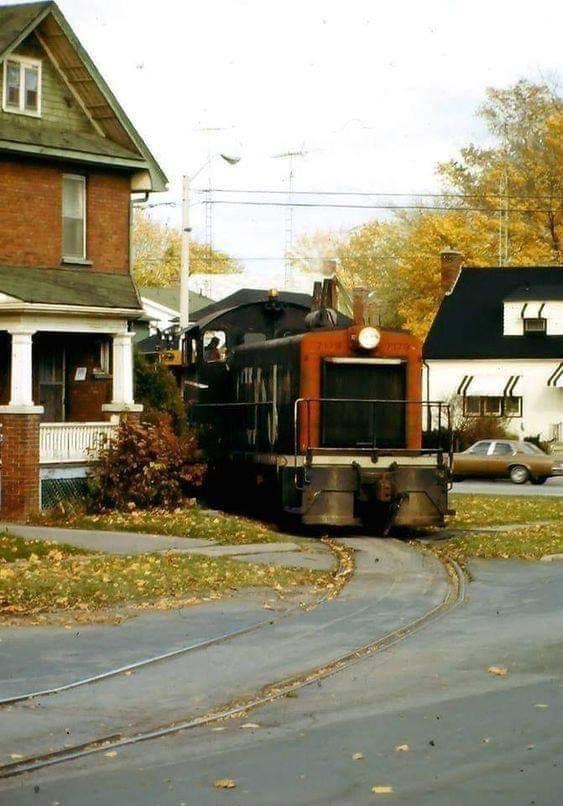Trust is everything. Brian’s lack of trust (read, stupidity) threatens to destroy his relationship with Erin.
This story started as a prompt almost a year ago. It has evolved a long way from my first draft. Please enjoy the story. I hope you like the characters.
Hot Wings, Hot Words
Bob Gillen
Brian tossed his phone face up on the bar table. “Shit! She’s still not picking up.”
Coming up on midnight on a Monday. Brian slid off his stool. “Who wants to go in on a double order of Nashville wings?” He pointed at Dina and Scott as they sipped their beers.
“I’m in, my man,” Scott said, hoisting his longneck.
“Not me,” Dina said. “Morning will come too soon. I need to leave in a few.”
Brian stepped away to put his order in with the bartender.
Dina turned to Scott. “He’s getting desperate, isn’t he?”
Scott nodded. “He wants her to be the one.”
Brian returned to the table. “Food’s up in a few.” He glanced at his phone. “I don’t get it. Erin isn’t answering my texts. Nothing. She said she’d be here tonight.”
A long moment of silence.
‘Ain’t No Sunshine’ came up on the bar’s blues sound track.
A server set a plate of Nashville wings, a bowl of white sauce and a stack of napkins on the table.
“Pure heaven,” Scott said, grabbing three wings. “Hot wings, hot company.”
Dina grimaced.
Brian glanced again at his phone. A frown creased his face. “Is she dumping me?”
Dina said, “Brian, come on. Maybe Erin got caught up in a family emergency.”
“Huh?”
“Stop looking at your phone. She’ll answer when she can.”
Scott motioned to Dina. “Try the wings.”
Dina rubbed a finger on a crispy wing, touched it to her lips. She shook her head. “Too hot for me.”
“More for me,” Scott said with a smile. He began piling bones on a napkin.
Brian stared at his phone.
“We have plans to go to Venice tomorrow. Walk the beach. Get some tacos.”
He took one bite of a wing, smearing sauce on his face. Carrying the wing, he got up, strode to the front door. He stepped outside, looked up and down the sidewalk.
“Man, I’ve never seen him so manic,” Scott said. “Someone has to talk him down.”
“Leave me out of this,” Dina said.
Brian came back to the table, still holding the wing. “This sucks. Where is she that she won’t answer me?” He took a long pull on his beer with his free hand.
The bar’s sound system thumped out ‘I Heard It Through the Grapevine.’
“Love this song,” Scott said as he wiped grease off his fingers. “Got an awesome bottom to it.”
“Dude, you’re a bottom feeder,” Dina said.
“Proud of it,” Scott replied, taking a swig of his beer.
Brian’s phone chirped. He dropped the half-eaten wing on the table and wiped his hand on his jeans as he snatched up the phone.
“Yeah?”
Brian listened for a moment. “Thanks, buddy.”
He set the phone down.
“That was Josh. He’s walking home past the new club over on Melrose.”
Brian stood, shoved the plate of wings aside.
“He spotted Erin coming out of there with a tall guy in a dark suit. He said she’s all dressed up.”
B. B. King’s ‘The Thrill Is Gone’ came up on the sound system.
“She lied to me,” Brian said. He flipped a middle finger at the phone. “She lied. She said she’d be here tonight.”
Scott and Dina exchanged worried glances.
“Enough with her bullshit,” Brian said.
He pounded out a text message on his phone, hit Send.
Dina put her hand on Brian’s arm. “What did you just do?”
“I told her off.” He slammed his phone down on the table.
“Not a good move, Bri,” she said.
Brian slammed his hand on the tabletop. “She lied.”
Dina raised her eyes to the bar’s door. Squinted. “I think I need to go.”
She slipped off her stool. Took a last gulp of her beer.
Scott continued chewing the wings, adding to the pile of bones in front of him. Dina caught his eye, directed his glance to the door.
His eyes popped wide. He jumped up, fisted two more wings, and followed Dina to the door. “See ya, buddy.”
“Where are you guys going?”
They were gone.
Brian sagged, grabbed for a wing, dropped it on the floor.
He stooped to pick up the stray wing. A pair of white sneakers spattered with red moved in front of the wing, blocking Brian’s grip. He looked up.
Erin glowered down at Brian. She stepped up next to him, waving her phone in his face. “I just got your text!”
“Wait, I thought you were clubbing with some guy.” He stood quickly, bumping his shoulder on the table’s edge.
“Where did you hear that?”
“Josh saw you.”
She pointed to his phone. “You took the word of your drunken buddy over mine?”
“He said he saw you.”
“Whoever he saw, it wasn’t me.”
Brian’s shoulders sagged with relief. “Oh.” He attempted a smile. “I guess you can ignore my text, then. Sorry.”
“Sorry? Ignore your lack of trust?”
Panic flashed in his eyes. He combed his fingers through his hair. “Where’ve you been all night?”
“I got called in to the ER. They had five gunshot victims and they needed more trauma nurses.”
“Oh.”
“I didn’t have time to text you. It was a nightmare. We lost two. The other three will probably wish they didn’t make it.” A single tear inched down her cheek. “After what I saw tonight, I hoped for a warm hug.”
Brian looked over toward the bar.
“Can I get you a beer?”
Her head shook. “Are you serious?”
Brian shrugged. Reached for a wing. Dropped it back on the plate.
Erin shoved her phone in her jeans pocket. “You expect me to sit here and drink with you?”
Brian nodded weakly. His eyes could not meet hers.
She lifted one foot. “Did you not see the blood on my sneakers? I spent the last six hours piecing people back together. I am damn good at it. The ER docs and the trauma surgeons trust me. The patients trust me…But you? Zero trust.”
A quiet fury flamed in her eyes. She gritted her teeth to hold back tears.
“You…after a year of seeing each other…you don’t trust me.”
Brian’s cheeks burned red.
Erin pointed to her chin. “Take a good look. This is the last time you’ll see my face. Asshole.”
She turned to walk out. Stopped and pivoted.
“Wait. This is my bar. I introduced you to this place. I want you to leave.”
She waved to the bartender. “Joe, vodka rocks…please.”
Brian stood motionless.
“I’m serious, Brian. Move your ass.” She waved her thumb towards the door.
She pulled over a stool. “And leave the wings.”
***







Recent Comments